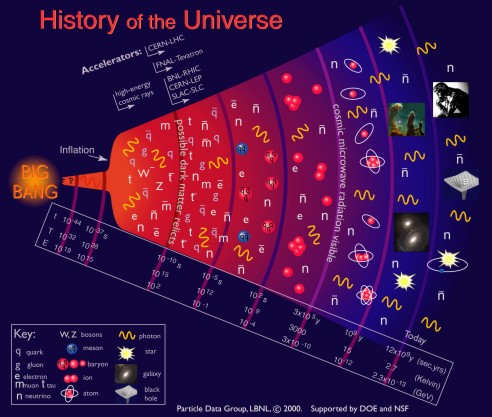So it is my understanding that before the big bang there was a very small point that held all of the matter in the universe. My question is what form did energy of the universe take on when it was in this situation?
I don't think the point was moving, so not kinetic energy, and everything is together, so there is no gravitational energy either, but this is about the extent of my knowledge.
I have some theories about what form of energy it could take. Maybe all the energy was chemical energy, waiting to release energy when the atoms interact. Or is it an osmosis-like energy? Where the matter wants to move into the lower concentration of space from it's super high concentration (Is this even a type of energy, if of I would like to know what it's called). Or maybe was all the energy in the form of matter, later being released in a nuclear reaction.
Which, if any, of these theories is correct?

